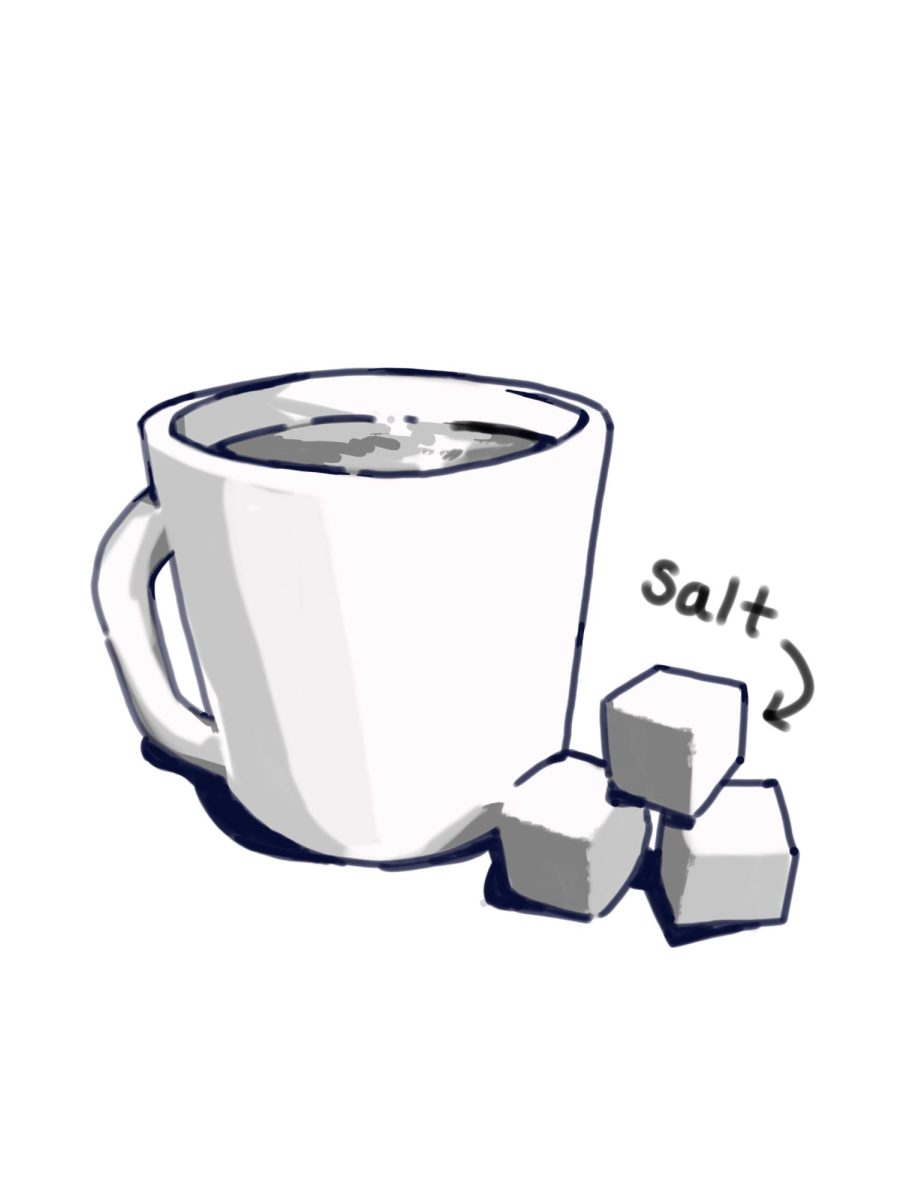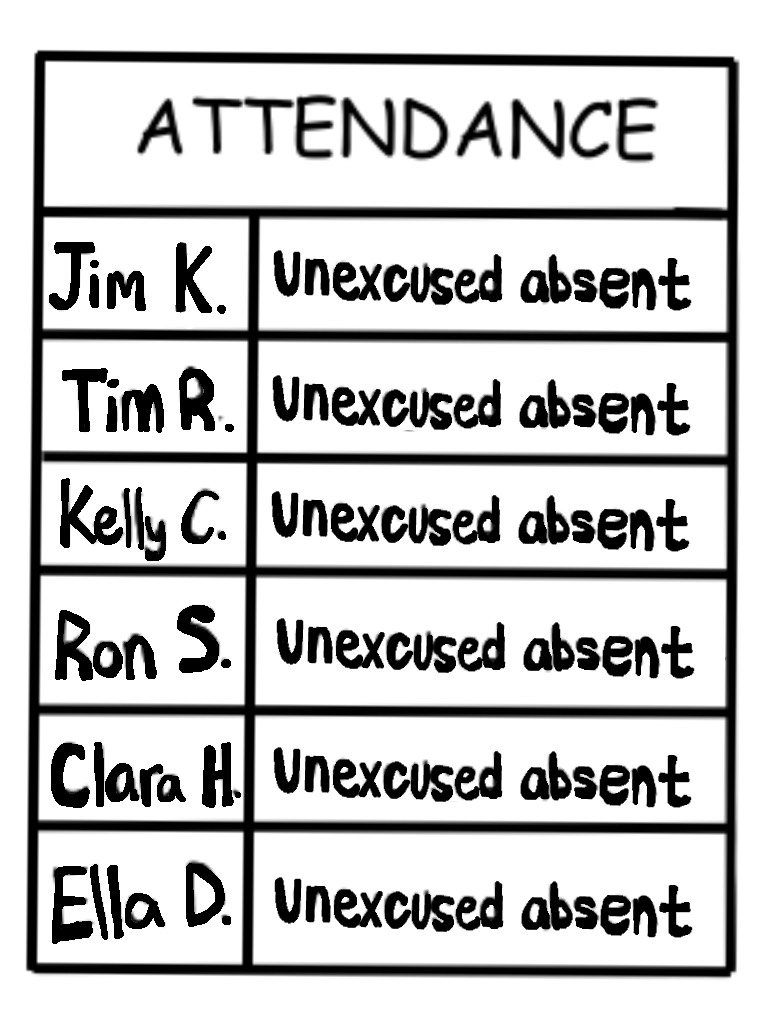This year’s flu season has been the worst in nearly a decade and has taken the lives of at least 63 children and thousands of adults. Studies have also recently announced a remarkably low vaccine efficacy rate. In past years, the vaccine effectiveness sits between the 50-60% marks, but Eurosurveillance, Europe’s infectious disease journal, has announced a rate of 10%.
Eurosurveillance found that the flu vaccine was only 10% effective against H3N2, this season’s dominant strain among Canadian adults ages 20-64. When considering all age groups, the rate rose to 17%, but is still significantly lower than past rates.
While the CDC has not yet announced their own percentile, their estimates are expected to mirror those found in Canada. “Given the same H3N2 subtype, our estimate of low vaccine protection should also apply to the US,” Danuta Skowronski, an influenza epidemiologist at the British Columbia Center for Disease control said.
So, what does this actually mean? The vaccines available at drug stores and doctor’s offices combat primarily H1N1 strains but this season, about 80% of flu cases in the US have been caused by the H3N2 virus, a strain known to be more severe. Vaccines use a live strain of the virus harvested from eggs in a laboratory.
However, since the flu actually mutates with every circulation, the strain in the vaccine does not always match the one in reality. Before flu season begins, doctors around the world predict which strains will be prominent and use those in vaccines. If those predictions do not cover the strains that are actually active, then the vaccine could have a very low protection rate.
Since dominating strains differ each season, scientists formulate different vaccines each season. This explains why people are encouraged to get a new shot every year—new viruses call for new vaccines. “Sometimes I feel like it seems redundant to get a flu shot every single year because I hate needles, but I guess it is necessary because doctors have to conduct new studies every year to determine the most prevalent strands of the flu,” junior Sherry Liang said.
But the low effectiveness rate cannot be attributed to just doctors and scientists. In past years, flu vaccines are always less effective during seasons in which the H3N2 vaccine dominates. According to a study by Edward Belongia, a senior epidemiologist at the Marshfield Clinic Research Institute in Wisconsin, the combined effectiveness against H3N2 is on average 33%, much lower than that of other popular influenza strains.
Despite these low protection rates, vaccines are not useless, especially for students and children. The younger the patient, the more effective the vaccine. Past research has concluded that for 13-17 year olds, vaccination effectiveness is at 46.8%. Even if vaccines do not entirely fend off the flu, they can significantly reduce its severity. The CDC continues to urge those who have not already to get the flu shot, to stay home in even mild cases of the flu, and to see a doctor in case more severe symptoms start to show.
As students share materials and space, maintaining healthy habits, such as washing your hands, goes a long way. “My mom is constantly reminding me about how this flu season is really bad. She forces me to wash my hands for the duration of ‘Twinkle, Twinkle, Little Star,’” sophomore Julie Yeo said. “I’m really annoyed because she’s monitoring my hand-washing, but she has a point. You don’t want to get sick.”
As the season continues, CDC officials are still searching for answers as to why this season is not only so severe, but not following the usual patterns of the flu season. Almost all states lit up In last Friday’s weekly flu update, the CDC officials discussed where this season is heading, and if it’s anywhere near done.
“I wish there was better news this week, but almost everything we’re looking at is bad news,” Dr. Anne Schuchat, acting director of the CDC and Prevention said. In terms of the length of the season, Schuchat and other CDC officials are unsure. “Flu is incredibly difficult to predict, and we don’t know if we’ve hit a peak. We could see more weeks of increased flu activity.”
Although frightening, this season brings good news for the world of scientific advancements, drawing attention towards a much needed vaccination improvement. With the tangible impact of science and medicine in headlines for the past weeks, doctors are even more interested in developing a universal or permanent flu vaccine. A universal flu vaccine would target parts of the virus that do not mutate, providing protection against all strains for a longer period of time.















